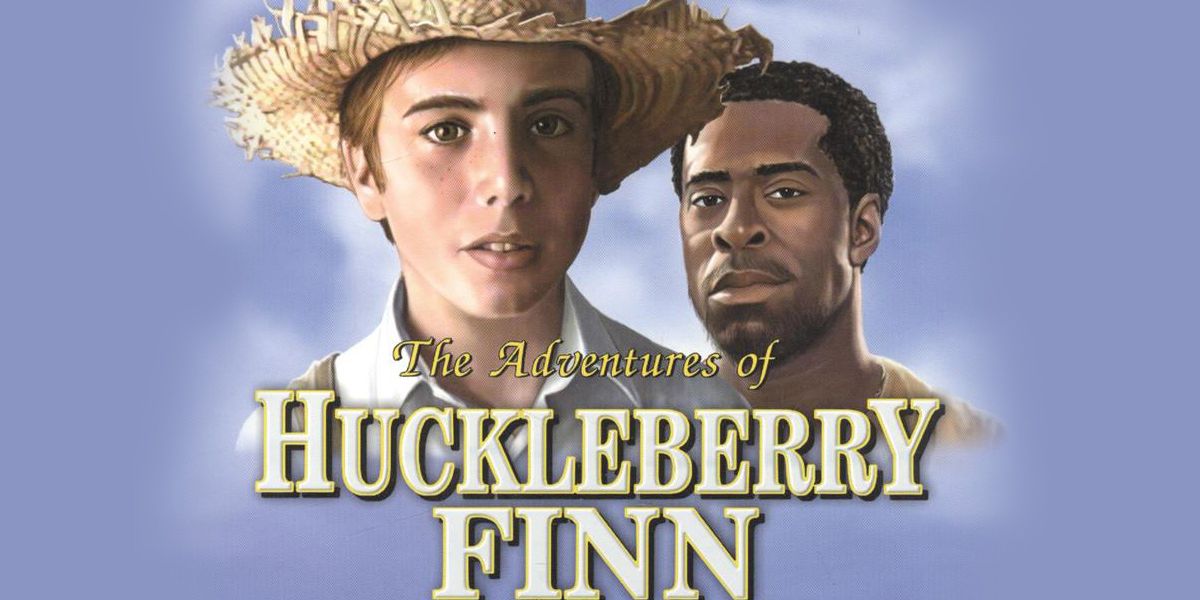
Занимательное лингвострановедение. Текст 1
23.02.2018
Занимательное лингвострановедение. Текст 3
23.02.2018(Jim) “Doan’ hurt me – don’t! I ain’t ever done no harm to a gosh’. I alwuz liked dead people, en done all I could for ‘em. You go en get in de river agin, whah you b’longs, en doan’ do nuffn to Ole Jim, ‘at ‘uz alwuz yo’ fren’.”
(Huck Finn) Well, I warn’t long making him understand I warn’t dead. I was ever so glad to see Jim. I warn’t lonesome now. I told him I warn’t afraid of him telling the people where I was. I talked along, but he only sat there and looked at me; never said nothing. Then I says: “It’s good daylight. Le’s get breakfast. Make up your camp fire good.”
— What’s de use er makin’ de camp fire to cook strawbries en sich truck? But you got a gun, hain’t you? Den we kin git sumfn better den strawbries.”
— Strawberries and such truck,” I says. “Is that what you live on?”
— I couldn’t git nuffn else,” he says.
— Why, how long you been on the island, Jim?”
— I come heah de night arter you’s killed.”
— What, all the time?”
— Yes – indeedy.”
— And ain’t you had nothing but that kind of rubbage to eat?”
— No, sah – nuffn else.”
— Well, you must be most starved, ain’t you?”
— I reck’n I could eat a hoss. I think I could. How long you ben on de islan’?”
— Since the night I got killed.”
— No! W’y, what has you lived on? But you got a gun. Oh, yes, you got a gun. Dat’s good. Now you kill sumfn en I’ll make up de fire”.
Mark Twain – The Adventures of Huckleberry Finn. – Oxford University Press. — 2007
Ключи:
Необходимо назвать особенности афро-американского диалекта в области грамматики, лексики и фонетики:
Грамматика: двойное отрицание (ain’t you had nothing), замена единственного числа прошедшего времени на множественное во всех лицах (I warn’t long making)
Лексика: упрощение лексических единиц (agin, fren, b’longs и т.д.) и опущение частей слова sumfn, nuffn, makin и т.д.), неологизмы (indeed)
Фонетика: hain’t, ‘em, ‘uz, What’s de use er makin’ de camp

